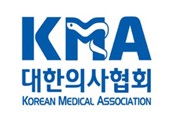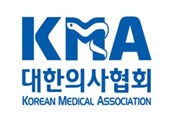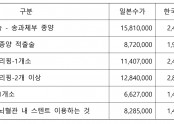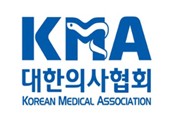[JAMA]Vitamin and Mineral Supplements for the Primary Prevention of Ca…
첨부파일
-
- 첨부파일: jama.jpg (215.5K)13
짧은주소
본문
[JAMA]Vitamin and Mineral Supplements for the Primary Prevention of Cardiovascular Disease and Cancer
Updated Evidence Report and Systematic Review for the US Preventive Services Task Force
Elizabeth A. O’Connor, PhD1; Corinne V. Evans, MPP1; Ilya Ivlev, MD, PhD, MBI1; et al
JAMA. 2022;327(23):2334-2347
US Preventive Services Task Force Evidence Report, June 21, 2022
= Abstract
#Importance:
Cardiovascular disease and cancer are the 2 leading causes of death in the US, and vitamin and mineral supplementation has been proposed to help prevent these conditions.
#Objective:
To review the benefits and harms of vitamin and mineral supplementation in healthy adults to prevent cardiovascular disease and cancer to inform the US Preventive Services Task Force.
#Data Sources:
MEDLINE, PubMed (publisher-supplied records only), Cochrane Library, and Embase (January 2013 to February 1, 2022); prior reviews.
#Study Selection:
English-language randomized clinical trials (RCTs) of vitamin or mineral use among adults without cardiovascular disease or cancer and with no known vitamin or mineral deficiencies; observational cohort studies examining serious harms.
Data Extraction and Synthesis:
Single extraction, verified by a second reviewer. Quantitative pooling methods appropriate for rare events were used for most analyses.
Main Outcomes and Measures:
Mortality, cardiovascular disease events, cancer incidence, serious harms.
#Results:
Eighty-four studies (N=739 803) were included. In pooled analyses, multivitamin use was significantly associated with a lower incidence of any cancer (odds ratio [OR], 0.93 [95% CI, 0.87-0.99]; 4 RCTs [n=48 859]; absolute risk difference [ARD] range among adequately powered trials, −0.2% to −1.2%) and lung cancer (OR, 0.75 [95% CI, 0.58-0.95]; 2 RCTs [n=36 052]; ARD, 0.2%). However, the evidence for multivitamins had important limitations. Beta carotene (with or without vitamin A) was significantly associated with an increased risk of lung cancer (OR, 1.20 [95% CI, 1.01-1.42]; 4 RCTs [n=94 830]; ARD range, −0.1% to 0.6%) and cardiovascular mortality (OR, 1.10 [95% CI, 1.02-1.19]; 5 RCTs [n=94 506] ARD range, −0.8% to 0.8%). Vitamin D use was not significantly associated with all-cause mortality (OR, 0.96 [95% CI, 0.91-1.02]; 27 RCTs [n=117 082]), cardiovascular disease (eg, composite cardiovascular disease event outcome: OR, 1.00 [95% CI, 0.95-1.05]; 7 RCTs [n=74 925]), or cancer outcomes (eg, any cancer incidence: OR, 0.98 [95% CI, 0.92-1.03]; 19 RCTs [n=86 899]). Vitamin E was not significantly associated with all-cause mortality (OR, 1.02 [95% CI, 0.97-1.07]; 9 RCTs [n=107 772]), cardiovascular disease events (OR, 0.96 [95% CI, 0.90-1.04]; 4 RCTs [n=62 136]), or cancer incidence (OR, 1.02 [95% CI, 0.98-1.08]; 5 RCTs [n=76 777]). Evidence for benefit of other supplements was equivocal, minimal, or absent. Limited evidence suggested some supplements may be associated with higher risk of serious harms (hip fracture [vitamin A], hemorrhagic stroke [vitamin E], and kidney stones [vitamin C, calcium]).
#Conclusions and Relevance:
Vitamin and mineral supplementation was associated with little or no benefit in preventing cancer, cardiovascular disease, and death, with the exception of a small benefit for cancer incidence with multivitamin use. Beta carotene was associated with an increased risk of lung cancer and other harmful outcomes in persons at high risk of lung cancer.

































댓글목록
등록된 댓글이 없습니다.